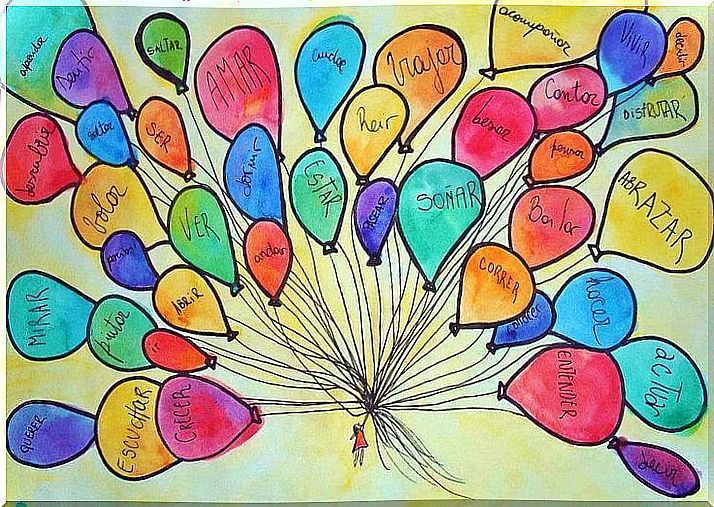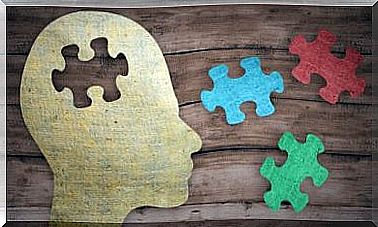Five Exercises To Improve Your Emotional Intelligence

Emotional intelligence. It is without a doubt a dimension in our lives that we must develop and manage. Knowing how to listen, understand and control the emotions of others, and know how to communicate and promote mutual respect is essential.
It is a kind of intelligence that should be incorporated into the teaching materials of schools so that children learn to develop these basic skills from an early age. It is a way of getting to know, master and express yourself. To learn to set and indicate boundaries, to prevent manipulation.
As you know, the one with the highest IQ is not always the smartest, the one with the best job or the one who collects all kinds of things. True intelligence is associated with genuine happiness. It makes us proud of who we are and what we have, whether it be a lot or a little. So why not implement these simple exercises to improve your emotional intelligence?
1. Get to know yourself
Getting to know yourself is an adventure that will last a lifetime. You achieve it every day by setting goals and asking questions. This is an exercise in introspection that we should do every morning. Ask yourself what you want to do today and tomorrow.
When evening comes, analyze how you felt during the day. Did you do what you wanted to do? Have you expressed or defended yourself according to your own values? Write it down in a journal or notebook. It is a simple but illustrative exercise. Ask yourself questions, examine yourself.

2. Emotional Regulation
Think of your emotions as a scale. It’s not worth going to extremes or getting into drama because in the long run we all lose. Don’t let yourself be manipulated into this kind of anger response. It is ideal to find a happy middle ground. Never push your emotions to the limit.
If you feel like you’re going to explode, think of a small, quiet, and airy room. This is the place of your thoughts. Think, reason and analyze the situation before reacting. Only after you have done this do you make a decision. But first you think in that private room where you become calm.
No one has more control over your life than you, never forget that. So never allow yourself to be taken to strange places where you can lose your composure or your identity. Work on your inner balance.
3. Empathy
Empathy is a concept that we all know and love. We just don’t practice it as often as we should. It’s easier to put ourselves in the shoes of the people who make us feel more positive. We identify better with them and the level of understanding is more intense.
But what if one day we try to empathize with someone who makes us feel uncomfortable? For example, think of your boss, who doesn’t respect you, or that classmate who is always gossiping about others. Try to put yourself in their shoes and you might discover what’s behind that behavior: insecurity, low self-confidence, for example. Give it a try, it can be a good learning experience.

4. Self-motivation
You may not feel like it today or you may not be in the mood. But from now on, let’s do a simple exercise: let’s look at the positive, and let go of the negative. Wake up every day with positive thoughts about something you like or want to achieve.
5. Social Skills
Let’s try to communicate better. And not only through words, but also through gestures. Get closer to the people around you, smile, touch them, pat them on the back or give them a hug. You will see that the reaction of the people around you will change.
Look for positive emotions and show them. Try to listen more closely to the person in front of you and see through their gaze. You will find more than simple words. Put it into practice, develop your emotional intelligence and remember that by being happier you will make others happier too.









